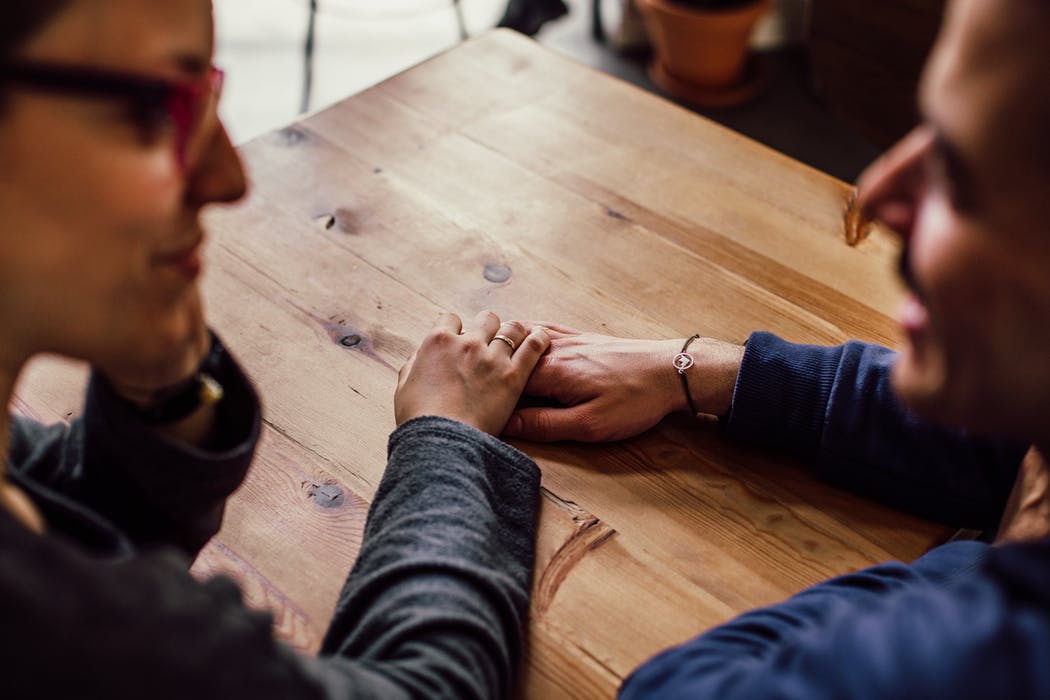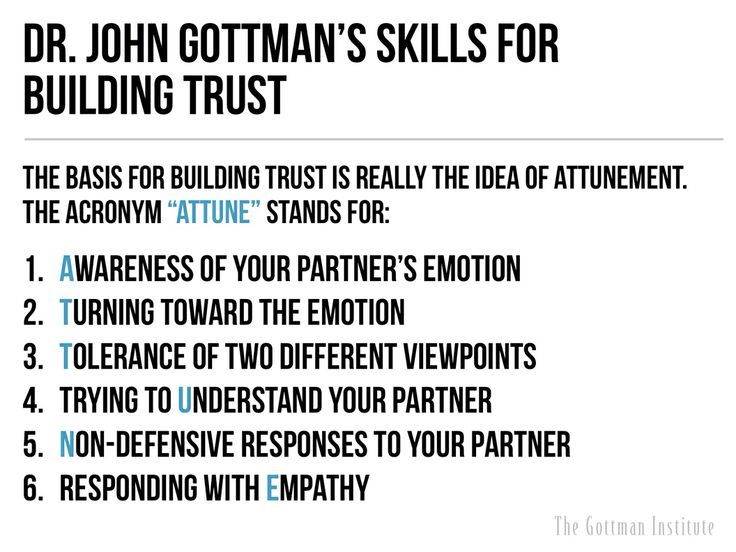Have you ever slowed down during a fight and wondered, “What are we really fighting about here? Can we seriously be this worked up over _____ (fill in the blank with the most absurd thing you’ve argued over recently)?” You may have seen an “anger iceberg” image showing that beneath secondary/reactive angry feelings, softer vulnerable feelings tend to hang out—loneliness, fear, shame, grief, etc. When we’re talking about triggers and “raw spots” in couples work, it’s helpful to know what previous injuries and wounds—from the present relationship and all previous ones—are hanging out beneath the surface action. A ‘raw spot’ is kind of like if you bump into someone with a bruise and, “Oops! My bad!” only, emotional bruises aren’t always visible from the surface like a bruise in our skin.
© 2017 Morgan Johnson
Take a look at my doodle here. At the top, I’ve depicted the 5 most common problems in relationships as listed by renowned couples therapist, Stan Tatkin: money, sex, mess, kids, and time. A lot of times, these sound like fights over who loaded the dishwasher and pushed start and who was expected to empty it, whether or not to purchase that sale item at Ikea, or even the frequency of sex.
The Gottman Institute found that around 70% of all problems a relationship ever experiences will *not* be solvable. Problem-solvers, take a deep breath and sit with that for a moment. The bulk of relational problems being truly unsolvable means we shouldn't try to fix or stop them 100%, but instead learn to soothe and reassure each other through them. We can also use these types of conflict as a barometer for the status of the relationship’s bond and emotional bank account.
Once I’ve started working with a couple, I stop us if we are getting hooked at the top of the iceberg and invite everyone to slow and, as author of Hold Me Tight and founder of Emotionally Focused Couple Therapy, Sue Johnson, says, “take the elevator down” into the deeper feelings. Does someone feel unseen or unimportant? Is someone getting the sense that they’re not getting things right or that they’re a failure? Does someone feel unloved? Of course, there will be certain issues which require teamwork, negotiation, and do lend themselves to more binary outcomes, but I can’t overstate that if you’re trying to stop all conflict in a relationship, you’re wasting time.
I prefer Dr. Jean Baker Miller’s definition of what a relationship is: a continuous cycle of connection, disconnection, and reconnection. Conflict and disconnection are normal and healthy as long as everyone is staying safe from harm. We’ll experience better relationships if we focus on making repairs when we’ve gone into disconnection, as opposed to trying to prevent 100% of conflict and disconnection; our focus should be on reconnecting and taking care of each other when we’ve inevitably derailed.
Now take a look back at the iceberg I’ve drawn up for you. Unprocessed or unresolved attachment injuries from the present relationship are just below the surface. What’s an ‘attachment injury?’ An injury happens in a time of need/overwhelm when we get the message that we’re alone and our partner may not choose or may not be able to be 1) accessible/open, 2) responsive when we reach out, and 3) emotionally engaged. Sue Johnson, calls this the “A.R.E. you there for me? Question.” “Will you be Accessible when I need you? If I reach out, will you Respond? Can I count on you to stay Emotionally engaged with me?”
So how do you know if something is ‘unprocessed?’ You’ll bring up the issue and there will generally be a sudden, big emotional response that can seem out of proportion relative to the context—emotions from the past suddenly flood into the present moment and kind of take over. Sometimes we need support from a trained couples and/or individual counselor to reprocess big hurts and early life wounds.
I like to tell clients, “We can’t heal what we didn’t hurt;” it’s our job to work with our partners to heal the top two layers of the iceberg, but it’s our personal responsibility to heal through injuries from previous relationships and those early wounds that inevitably occur by being raised by imperfect caregivers. Sure, our partners can honor our past experiences by being sensitive to our triggers and they can help provide a secure, safe base from which we can venture out and do our own emotional heavy lifting, but we really have to do our own work if we expect to have healthy relationships.
The way to heal attachment injuries and take care of raw spots is to be able to name them—remember “name it to tame it”—validate our partners, apologize if necessary, make concrete plans for what we can do better next time an issue pops up, then demonstrate behavior change that shows we’re taking this information into account. Stick to sharing vulnerable feelings, needs/requests, fears, and longings where possible to avoid escalating conflict!
Examples of feelings beneath emotional raw spots in disconnection (from Hold Me Tight):
Lonely, unimportant, scared, hopeless, panicked, inadequate, failing/ashamed, isolated, humiliated, small/insignificant, unwanted, dismissed, helpless, hurt, intimidated, rejected, sad, lost/confused, let down, overwhelmed, vulnerable, or worried.
Beneath and connected below the injuries from the present relationship are big hurts from all of your previous partnerships—e.g., that ex who “cheated” on you repeatedly, the ex who left you unexpectedly, scary ex who used to get big and loud when they were upset. The reason these hurts from love relationships hurt, aside from pure logic, is that they root even deeper down and connect to the very bottom of the iceberg—the early wounds that happen to all of us as a result of being raised and cared for by imperfect humans—our “attachment style.”
Typically at the bottom of my conflict iceberg, you’ll see two primary wounds according to Sue Johnson: deprivation (emotional starvation) and desertion (abandonment and rejection). Dr. Sue further argues that about 90% of all of our conflict in relationships is really a “protest” when we’re feeling like our partners aren’t accessible, responsive, and emotionally engaged.
So it actually makes sense when you’re suddenly fighting like it’s life or death when, on the surface, it’s about the way laundry is folded or how the trash is is isn’t being taken out—someone has gotten the message that their needs won’t be met, or worse—that they don’t matter enough for a partner to even consider their needs. We have to see the whole picture or we run the risk of writing our lovers off as irrational and using that nuclear bomb phrase for conflict: “Just calm down. What’s the big deal?” Telling someone to ‘calm down’ is like pouring gasoline on a fire.
What can we do instead? Give your partners the gift of “of course.” That might sound something like: “Of course you feel that way. You’re not crazy. It makes sense to me that you’re feeling how you are. I get it. Knowing you and your story, of course you responded the way you did.” Add in some appreciations and you’ll be on your way to reconnection instead of disconnection.
For anyone experiencing relationship conflict that makes you afraid for your life or safety, I just want to remind you that you’re not alone and that there’s help. You have these trusted resources: National Domestic Abuse Hotline: 1-800-799-7233. Crisis Text Line: text “HOME” to 741741. RAINN National Sexual Assault Telephone Hotline: 800-656-4673. Suicide Lifeline: 1-800-273-8255.
Take care of each other!
Love,
MJ























